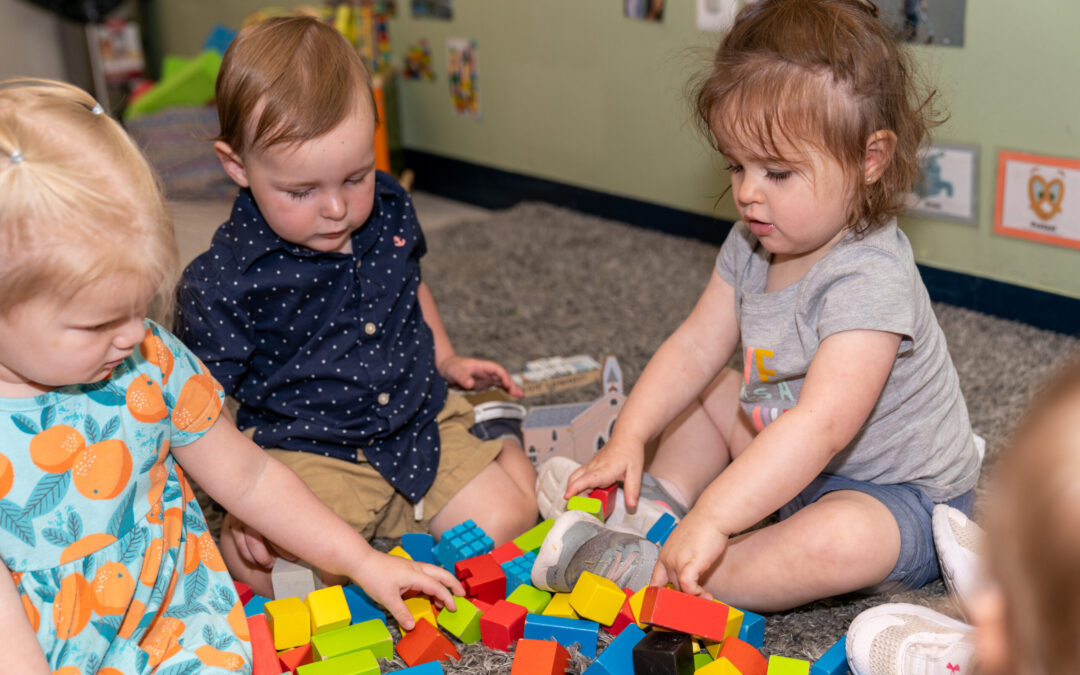Learning to make friends is essential for your child’s social skills development. Good friendships can help your child in many ways, from giving them support and company to improving their self-esteem and academic performance. Friendships also build your child’s empathy, compassion, and other life skills.
Unfortunately, not all children find it easy to make friends. Some children are shy, while others may have trouble sharing or cooperating. If you want to help your child make friends and be a good friend, here are five things you can do:
Teach your child the importance of being a good friend
It’s important that your child understands the value of friendship and what it means to be a good friend. Explain to them that being a good friend involves caring and sharing, as well as being kind and being a good listener. You can also talk about how friends make you feel happy and how they can help you when you’re feeling sad or upset.
Model good friendship behavior
As a parent, you’re one of the most important role models in your child’s life. Show them what it means to be a good friend by being a good friend yourself. Be kind, thoughtful, and respectful when interacting with family, friends, and strangers, and show them how to resolve conflicts peacefully.
Encourage social interactions with other children
One of the best ways to help your child make friends is to provide opportunities for social interaction with other children. Take them to the park, schedule playdates, or enroll them in children’s classes and let them interact with other children their age.
Encourage sharing and turn-taking
Children need to learn how to share and wait their turn to be good friends. Sharing and turn-taking can also teach your child to be patient, generous, and cooperative.
One way to get your child to share is to give them opportunities to do so, such as through play or by letting them share their food, toys, or other things with other kids. You can also model sharing behavior by sharing your own belongings with your child or with others and showing your child how good it feels to share. Another way to get kids to share is to praise them when they display acts of sharing.
Turn-taking can be encouraged through many activities. Some of these activities include playing classic games like “Simon Says,” playing board games like “Snakes and Ladders,” doing puzzles together, taking turns on swings and slides, and taking turns in telling stories. As with sharing, you can also praise your child when they display turn-taking behavior.
Help them understand and cope with emotions
Children who can understand and cope with their emotions are more likely to be successful in social situations. Teach your child about different emotions and how to deal with them in a positive way. For example, if they’re feeling angry, teach them how to express their anger constructively instead of lashing out at others.
People often underestimate the importance of early childhood in shaping a person’s character. However, the foundations for a person’s values are established during these formative years.
That’s why it’s crucial for parents to nurture their child’s social skills from a young age.
As a leader in early childhood education that focuses on the whole child, we at Celebree School understand that each child is different and has unique strengths and needs. We provide parents with the tools and resources they need to help their children reach their full potential. For more early childcare and early childhood education resources, check out our parent guides.

